The Homeowner’s Guide to Reducing HVAC Energy Costs
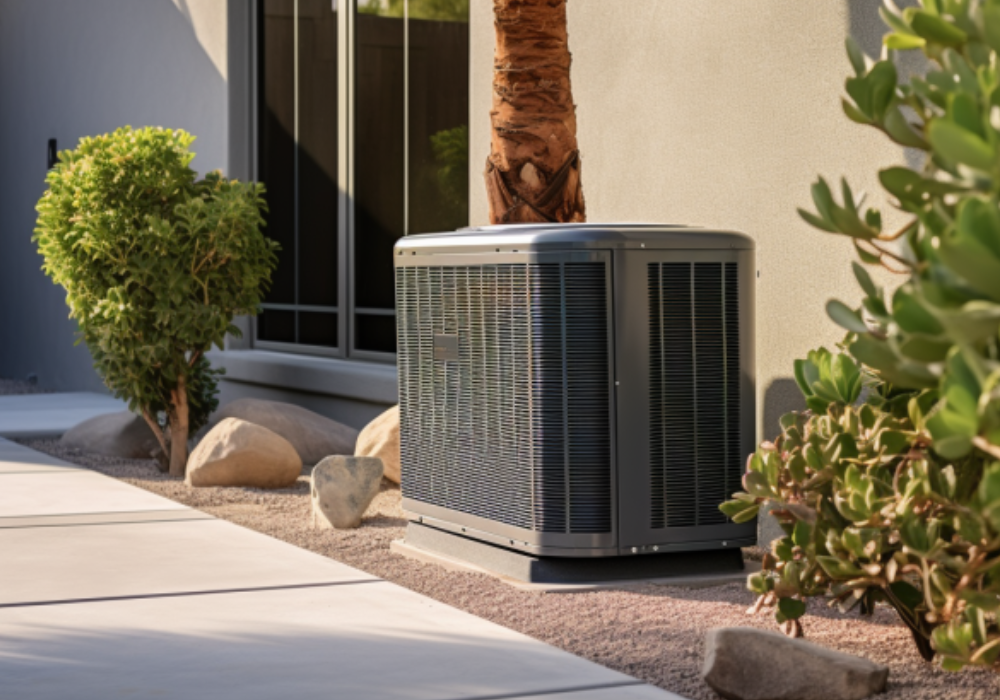
Table of Contents
ToggleHVAC systems are at the heart of our homes, responsible for keeping us warm in the winter and cool in the summer. However, they can also be a significant source of energy expenditure. With the right knowledge and strategies, you can significantly reduce these costs, contributing not only to your household budget but also to a more environmentally friendly lifestyle.
From regular maintenance routines to smart technology integration and lifestyle changes, we will cover a variety of topics to help you minimize your energy consumption while maintaining optimal home comfort. Join us as we explore how simple adjustments and informed decisions can lead to substantial savings on your energy bills and a more eco-friendly home!
Understanding Your HVAC System
The first step in reducing your HVAC energy costs is to understand how your system works. An HVAC system is composed of three main components: heating, ventilation, and air conditioning. The heating aspect is usually managed by a furnace or boiler, which creates warm air. The air conditioning unit cools air by removing heat and moisture, and the ventilation system circulates and filters the air throughout your home.
These components work together to maintain a comfortable indoor climate, but they also account for a significant portion of your home’s energy usage. In fact, HVAC systems can be responsible for up to half of the total energy consumption in a typical home.
Knowing how these systems consume energy is crucial for identifying cost-saving opportunities. For instance, the furnace and air conditioning unit use most energy during operation, so ensuring they run efficiently is key. Factors like the age of the system, its size relative to your home, and its Seasonal Energy Efficiency Ratio (SEER) rating for cooling and Annual Fuel Utilization Efficiency (AFUE) rating for heating play a significant role in overall energy efficiency.
Additionally, understanding how your behavior affects the system’s workload – such as thermostat settings, frequency of use, and maintenance habits – can provide insights into how you might inadvertently be increasing your energy costs. With this knowledge, homeowners are better equipped to make informed decisions about maintaining, upgrading, or operating their HVAC systems more efficiently.
Regular HVAC Maintenance and Upkeep
Regular maintenance is a cornerstone in the efficient operation of any HVAC system. It’s essential to understand that a well-maintained system not only runs more efficiently but also has a longer lifespan, saving you money in both short-term energy costs and long-term equipment replacement.
Simple maintenance tasks like regularly changing air filters (every 1-3 months, depending on usage and type), cleaning air ducts, and ensuring that all vents are unobstructed can significantly improve airflow and system efficiency. Furthermore, keeping outdoor units clear of debris and ensuring indoor vents are not blocked by furniture or curtains can prevent your system from overworking, thus reducing energy consumption.
However, some maintenance tasks require a professional touch. It’s advisable to schedule at least an annual check-up with a certified HVAC technician. These professionals can perform more complex maintenance tasks such as checking coolant levels, inspecting electrical components, and ensuring the system is calibrated correctly. They can also identify and fix potential issues before they become major problems, ensuring your system operates at peak efficiency.
Investing in regular professional maintenance not only keeps your system running smoothly but also helps in detecting inefficiencies that, when addressed, can lead to substantial energy savings. Remember, an efficiently running HVAC system is key to reducing energy costs while maintaining a comfortable home environment.
Smart Thermostat Usage
Embracing smart thermostat technology is a game-changer in managing your home’s HVAC energy costs. A smart thermostat goes beyond the basic functionality of traditional thermostats by offering advanced features like Wi-Fi connectivity, remote control, learning capabilities, and energy usage reports. These thermostats can learn your schedule and temperature preferences, automatically adjusting the heating and cooling of your home for optimal comfort and efficiency. For instance, a smart thermostat can lower the heating or cooling when you’re away or asleep and return your home to a comfortable temperature before you wake up or return home.
The real power of smart thermostats lies in their ability to provide detailed insights into your energy consumption patterns and offer suggestions for further savings. Many models allow you to track your daily and monthly energy usage, helping you understand how your habits impact your bills.
Additionally, by programming your thermostat to operate at energy-saving temperatures when you’re not home, you can significantly reduce unnecessary energy usage. For instance, setting the thermostat a few degrees lower in winter or higher in summer during your absence can lead to noticeable reductions in energy bills. By integrating smart technology into your HVAC system, you not only enhance your home’s comfort but also contribute to a more energy-efficient and cost-effective lifestyle.
Improving Home Insulation
A key aspect often overlooked in HVAC efficiency is home insulation. Proper insulation plays a pivotal role in maintaining your home’s temperature, directly impacting how hard your HVAC system needs to work. Insulation works as a barrier to heat flow and is essential for keeping your home warm in the winter and cool in the summer. By improving insulation, you can significantly reduce the amount of energy required to heat or cool your home, thereby lowering your energy bills.
The first step in improving home insulation is to identify and seal any leaks, particularly around doors, windows, and in the attic. Even small gaps can lead to significant heat loss or gain, forcing your HVAC system to work harder. Adding weather stripping or caulking around windows and doors is a simple and cost-effective way to start. Additionally, consider the insulation in your walls and attic.
Upgrading or adding insulation in these areas can have a profound impact on your home’s ability to maintain a consistent temperature. Insulating your home not only enhances energy efficiency but also improves overall comfort, reduces outside noise, and helps maintain consistent indoor temperatures. By focusing on insulation, you create a more energy-efficient home that requires less effort from your HVAC system, leading to reduced energy costs.
Energy-Efficient HVAC Upgrades
Upgrading to an energy-efficient HVAC system is a significant but worthwhile step towards reducing energy costs. Older HVAC systems, especially those more than a decade old, often operate less efficiently, consuming more energy to provide the same level of comfort compared to newer models.
Newer HVAC systems come with improved technology and higher efficiency ratings, which means they use less energy to heat or cool your home. When considering an upgrade, pay attention to the Seasonal Energy Efficiency Ratio (SEER) for air conditioners and the Annual Fuel Utilization Efficiency (AFUE) for heating systems. The higher these ratings, the better the energy efficiency.
In addition to efficiency ratings, look for HVAC systems that have earned the Energy Star certification. This label indicates that the equipment meets strict energy efficiency guidelines set by the U.S. Environmental Protection Agency. Although the initial investment in an energy-efficient HVAC system can be higher than less efficient models, the long-term savings on energy bills can be substantial. Also, many local governments and utility companies offer rebates and incentives for installing energy-efficient HVAC systems, which can help offset some of the upfront costs.
It’s crucial to ensure that your new HVAC system is correctly sized for your home. Both oversized and undersized systems can lead to increased energy usage and costs. A professional HVAC contractor can assess your home and recommend a system that’s appropriately sized for your space. Upgrading to an energy-efficient HVAC system not only reduces your energy bills but also contributes to a more environmentally sustainable home, helping to lower your carbon footprint.
Professional HVAC Maintenance Near You
In conclusion, reducing HVAC energy costs in your home is not only possible, it’s a practical and impactful way to manage your household expenses and contribute to a more sustainable environment. From understanding the basic workings of your HVAC system and committing to regular maintenance, to embracing smart thermostat technology and improving home insulation, each step you take can lead to significant savings. Considering an upgrade to an energy-efficient HVAC system can also make a substantial difference in your energy consumption and costs. Remember, each small change you implement accumulates into a larger impact, not just on your energy bills but also on your overall home comfort and the environment.
If you’re in the Las Vegas area and looking for professional HVAC services, Summit Air Conditioning is your go-to provider. At Summit Air Conditioning, we understand the unique challenges of managing HVAC systems in the desert climate. Our team of experienced professionals is equipped to provide top-notch maintenance, repair, and installation services, ensuring your system runs efficiently and effectively, no matter the season.
Frequently Asked Questions
Can regular maintenance really make a significant difference in HVAC energy costs?
Absolutely. Regular maintenance of your HVAC system plays a crucial role in its efficiency. Simple actions like changing filters every 1-3 months, ensuring vents are unblocked, and having annual professional check-ups can prevent energy waste. A well-maintained system doesn’t have to work as hard to maintain your desired temperature, leading to lower energy bills.
Is upgrading to an energy-efficient HVAC system worth the investment?
Upgrading to an energy-efficient HVAC system can be a significant upfront investment, but it’s often worth it in the long run. Modern, energy-efficient systems operate more effectively and use less energy than older models, leading to substantial savings on your energy bills. Moreover, many energy-efficient systems come with rebates and tax incentives, which can help offset the initial cost.
Can I integrate renewable energy sources with my existing HVAC system?
Yes, integrating renewable energy sources like solar panels with your HVAC system is a great way to reduce energy costs. Talk to your local HVAC expert to discuss the capabilities of your system and options for your home.
Other Blogs You May Be Interested In
Categories
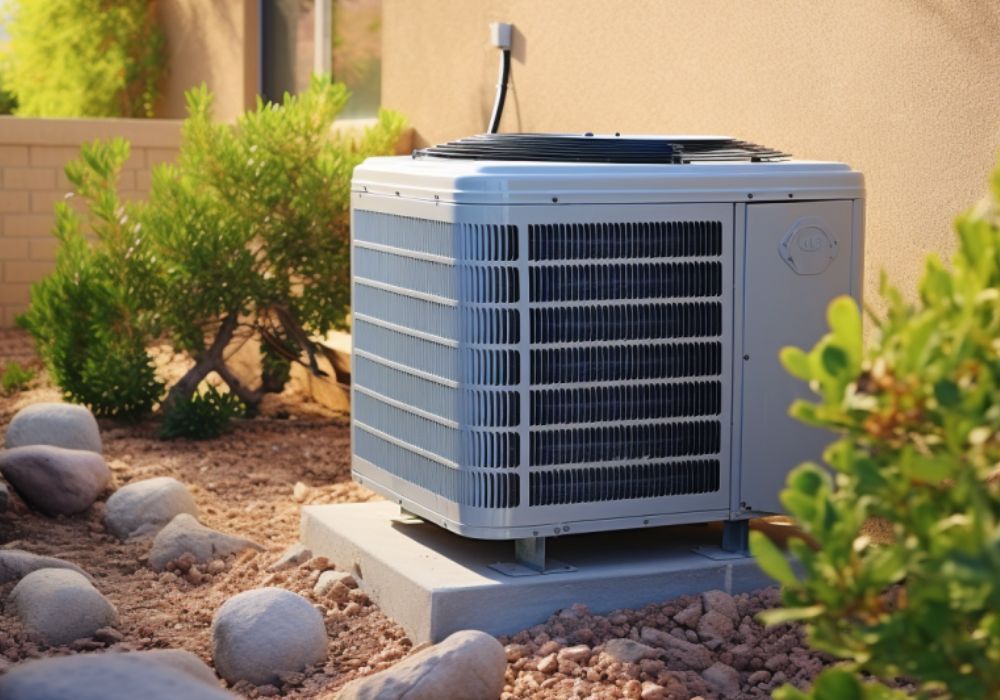
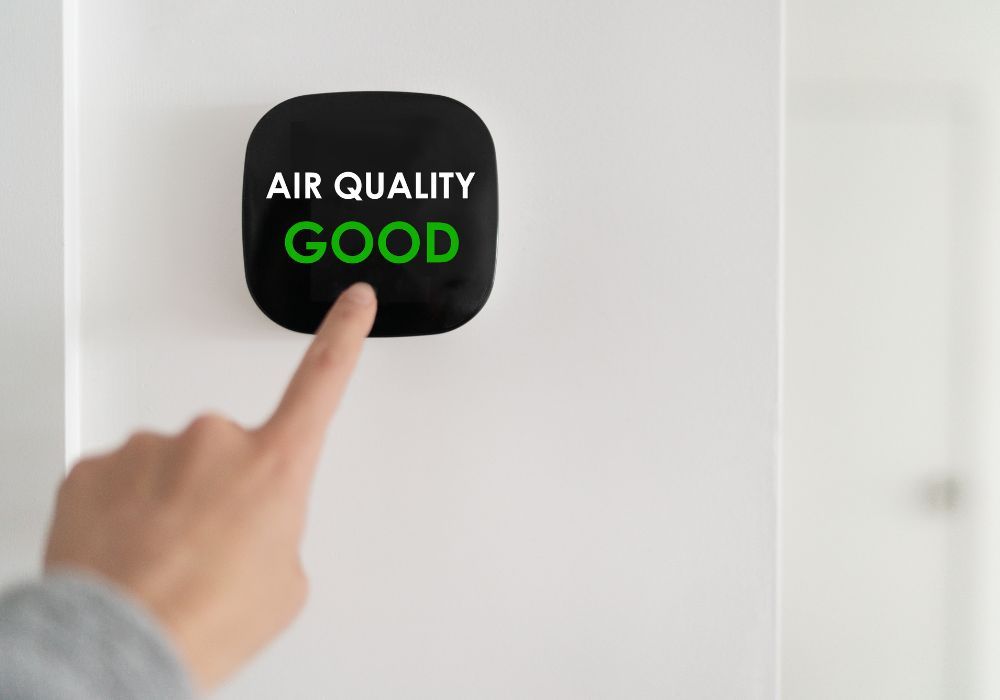
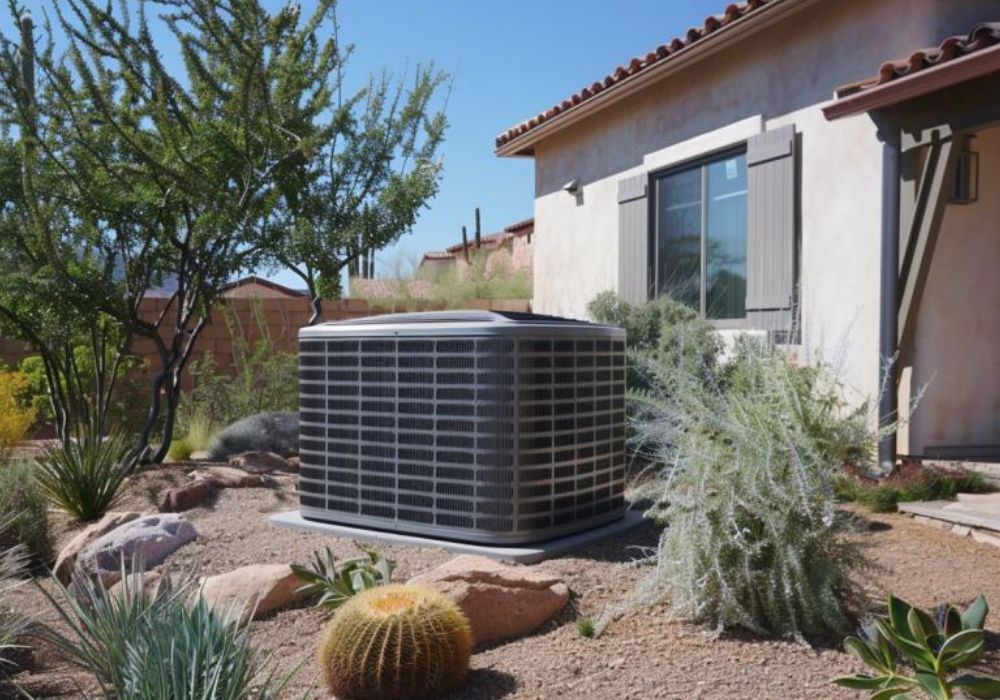
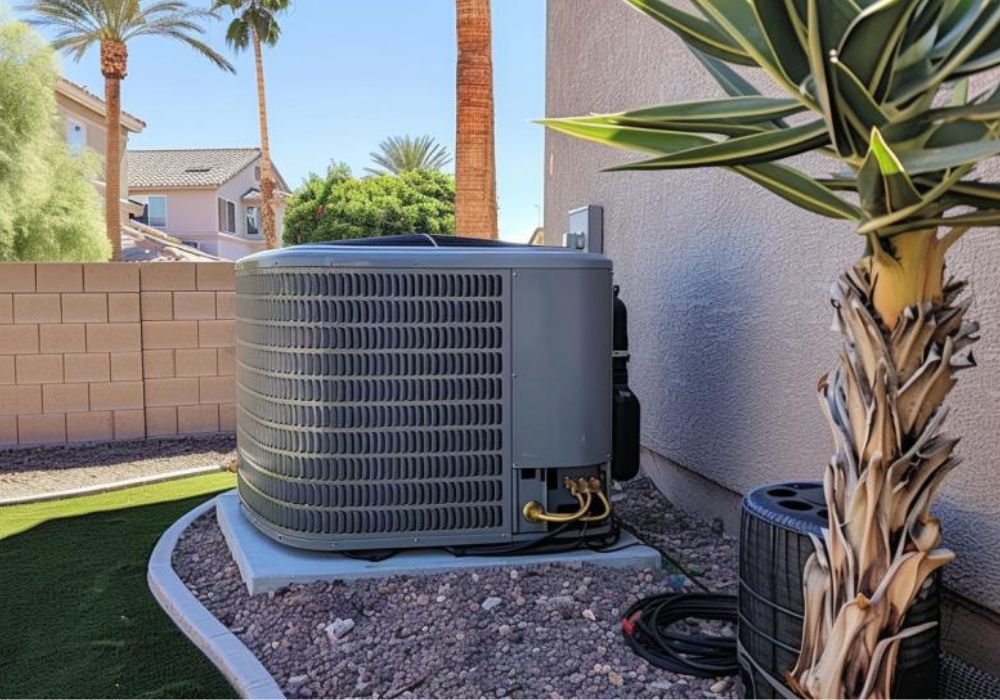
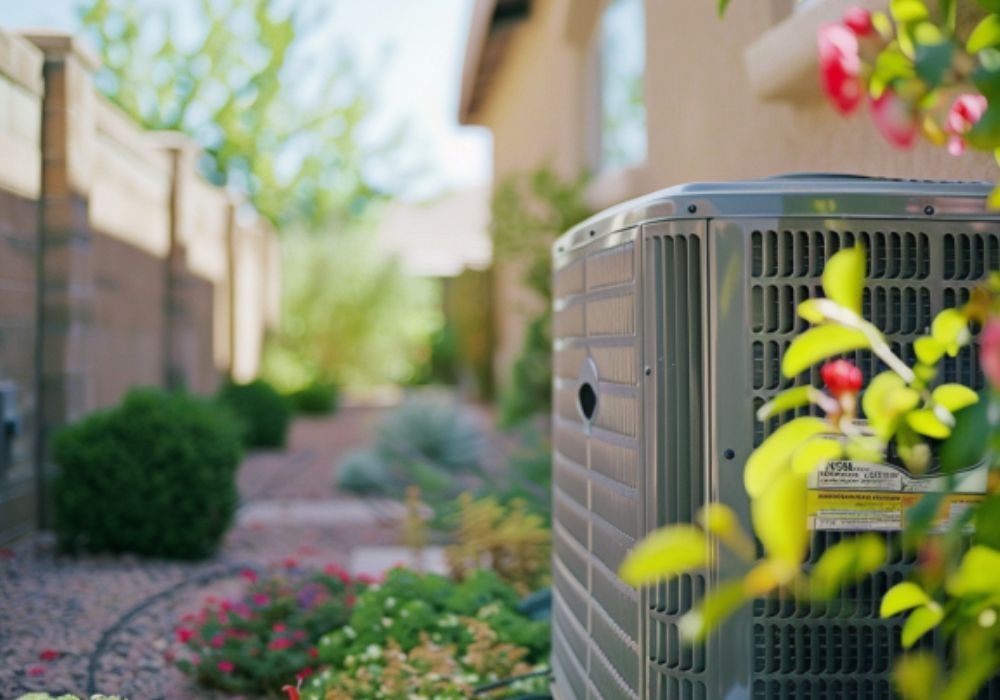
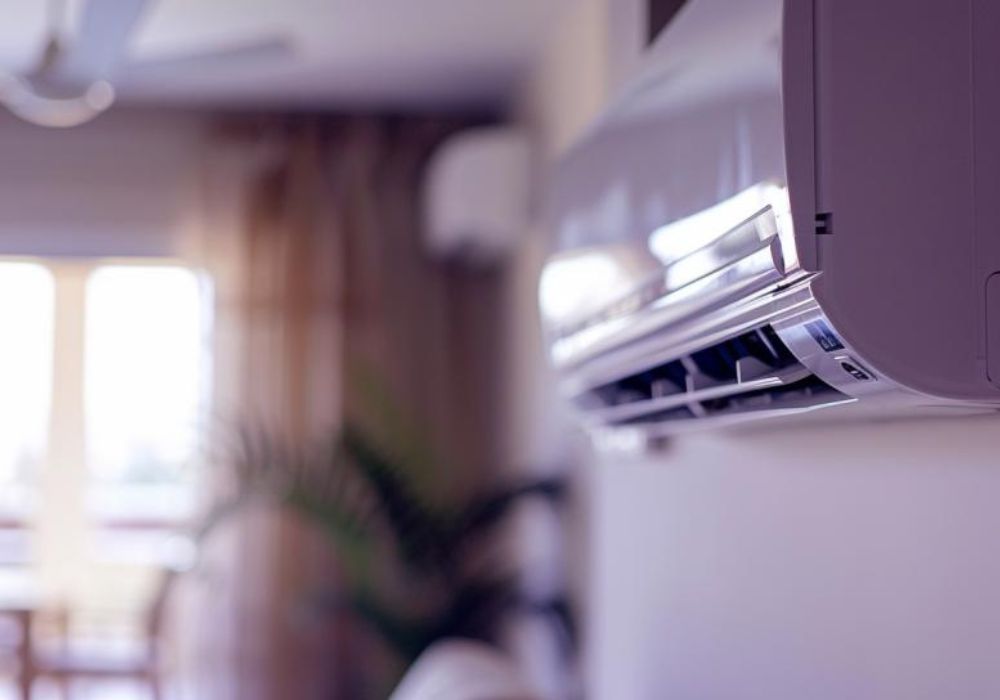
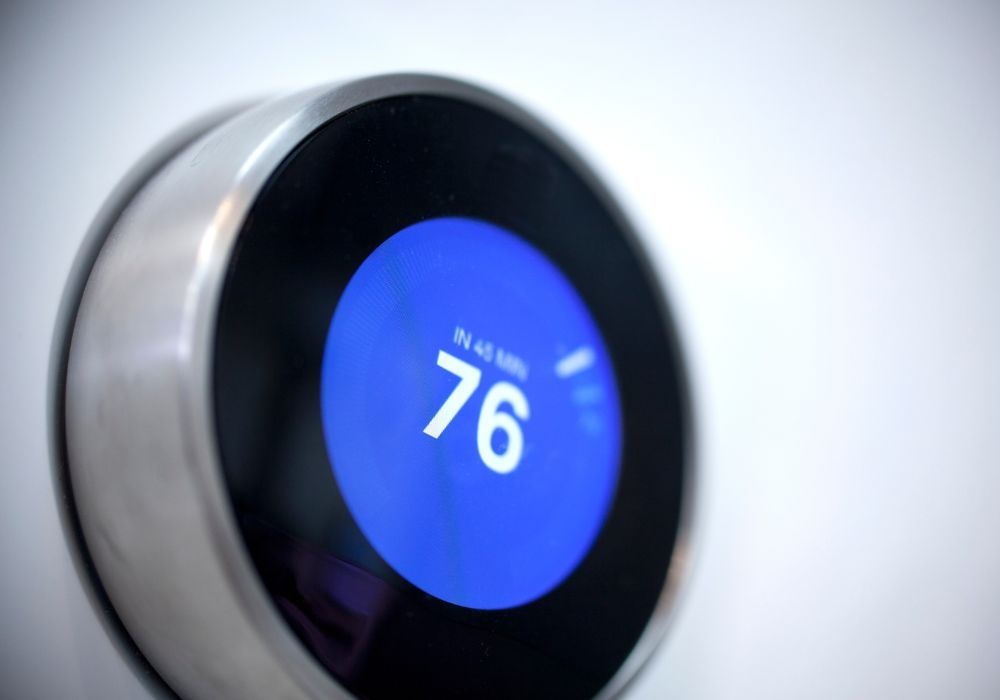
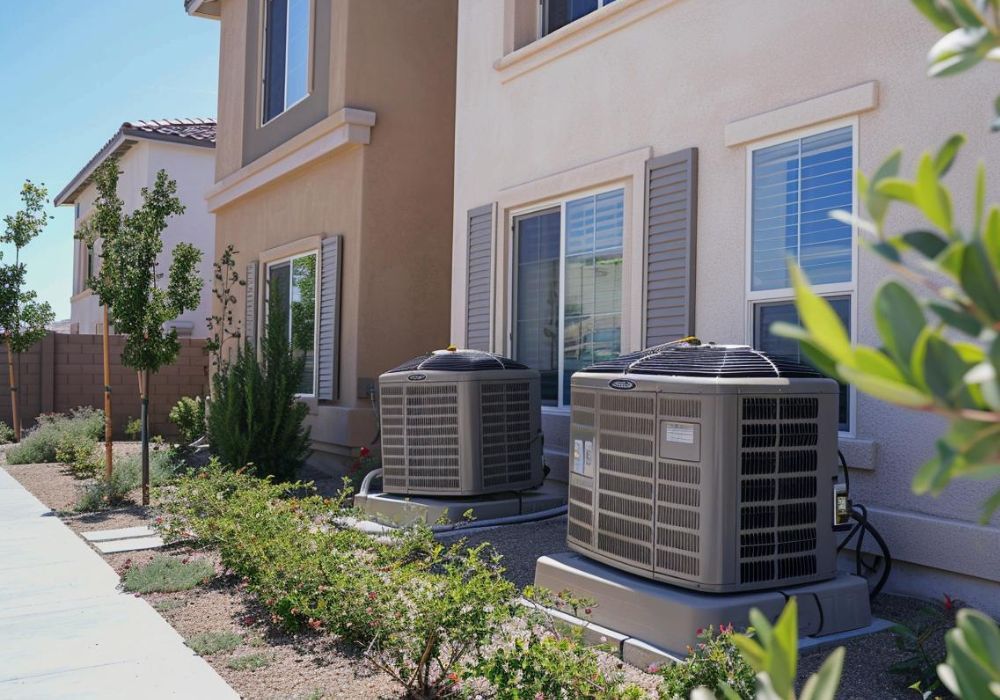
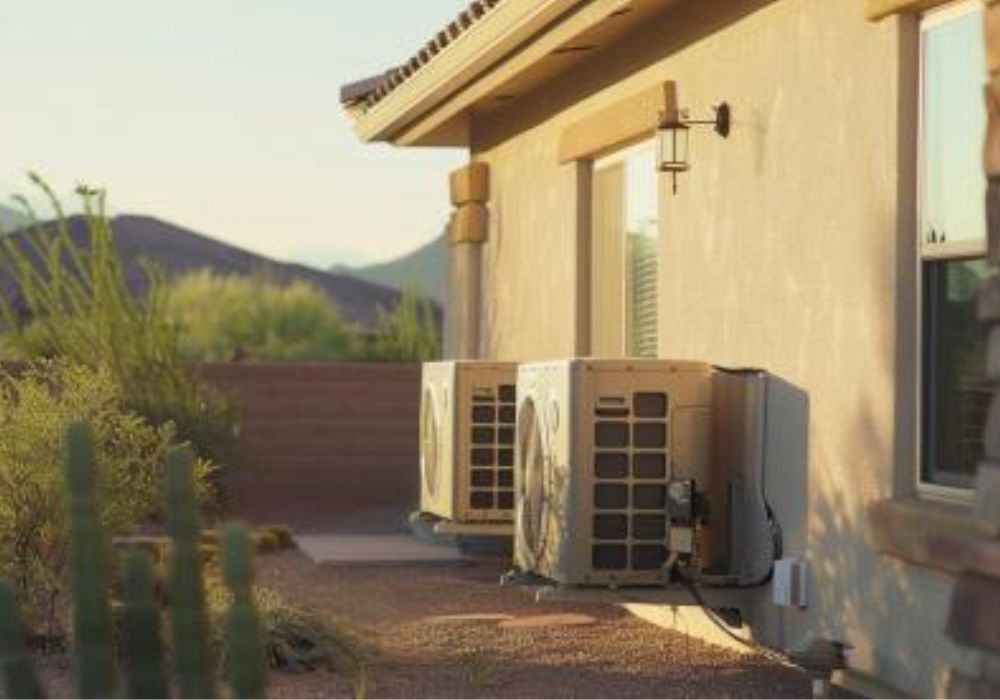
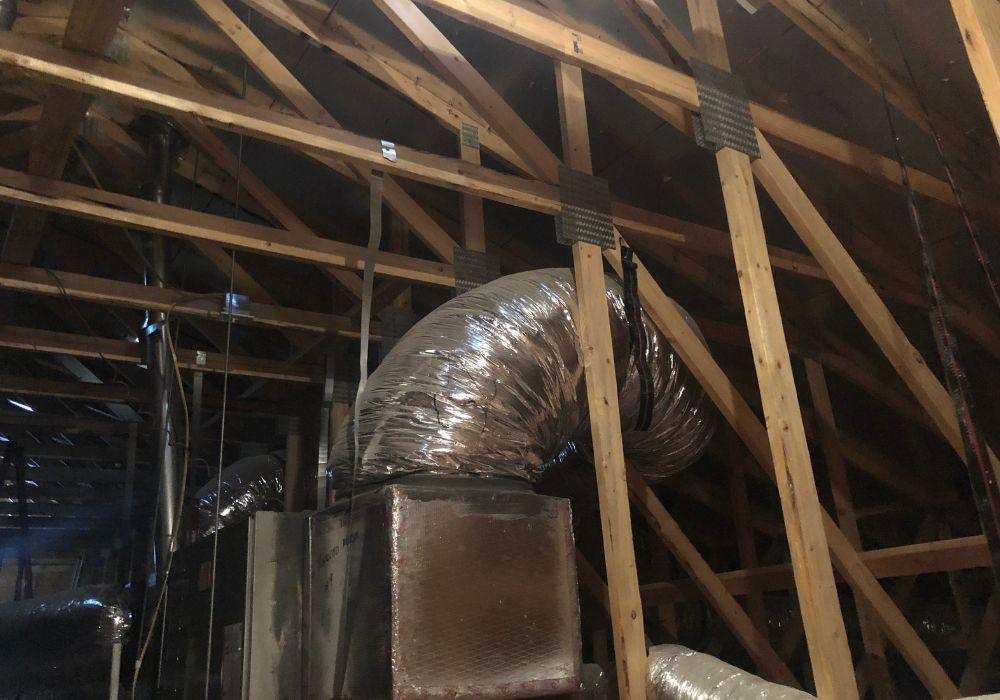
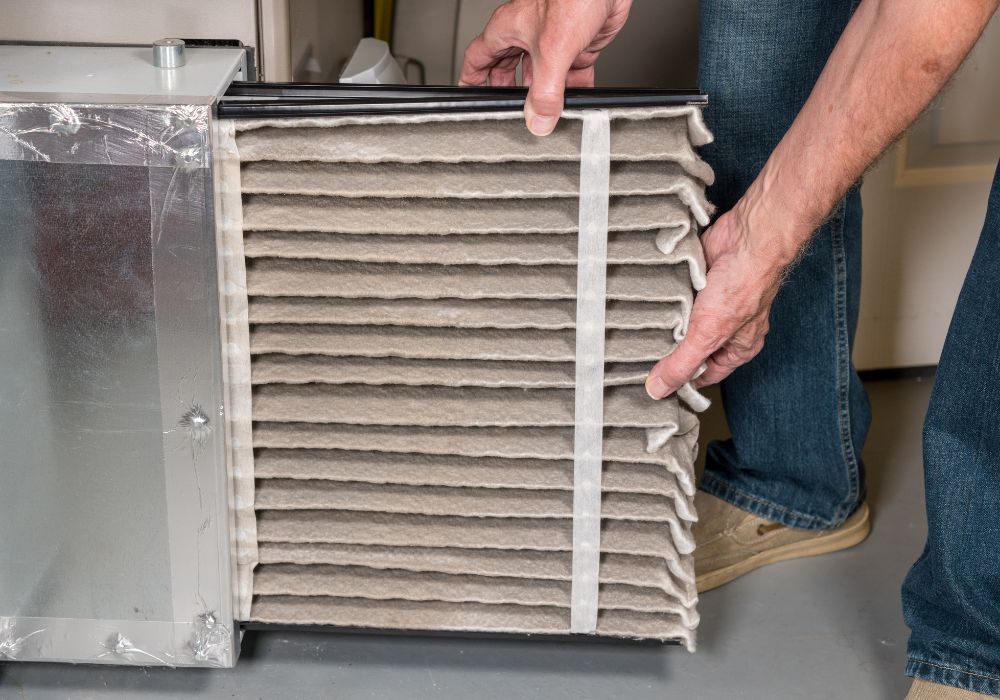
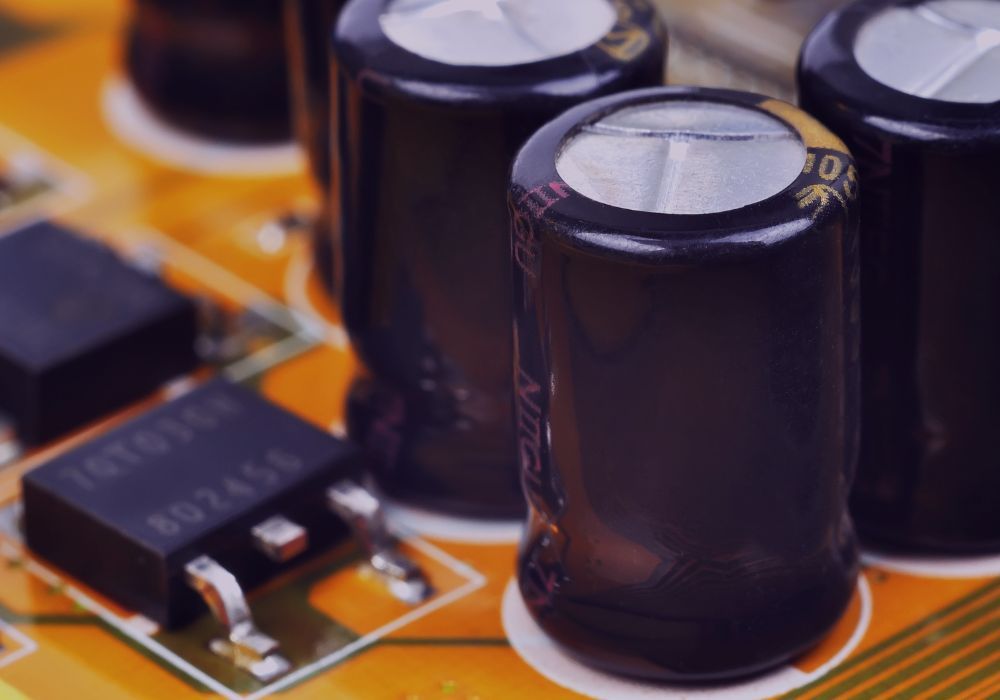
Leave a Reply